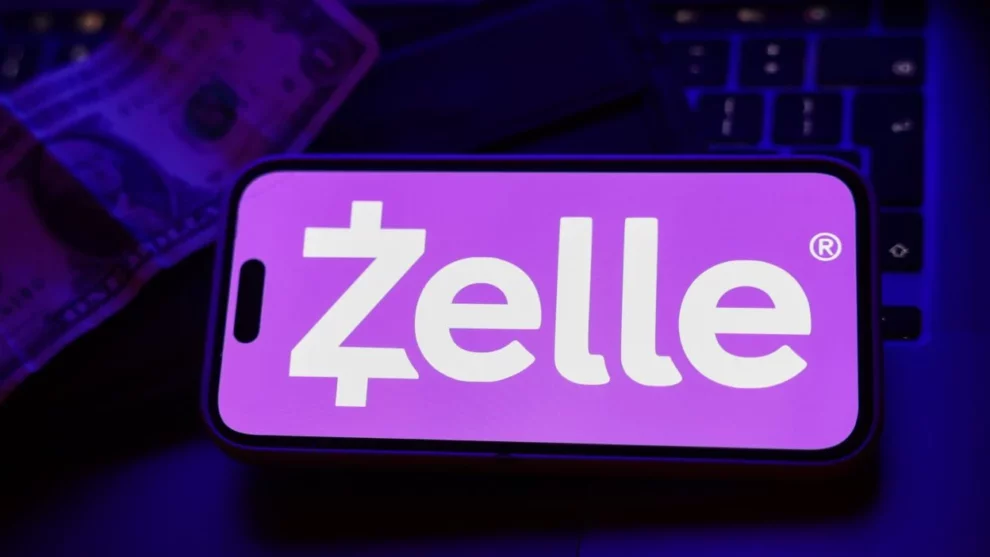A sweeping lawsuit filed Friday by the Consumer Financial Protection Bureau (CFPB) targets Zelle and three banking giants, alleging systematic failures that left hundreds of thousands of consumers vulnerable to sophisticated payment fraud schemes.
The federal watchdog’s legal action names Zelle’s operator, Early Warning Services, alongside JPMorgan Chase, Bank of America, and Wells Fargo, claiming these financial powerhouses prioritized market competition over customer protection in their rush to launch the peer-to-peer payment service. According to the CFPB, customers have suffered staggering losses exceeding $870 million during Zelle’s seven-year operation.
CFPB Director Rohit Chopra didn’t mince words in his assessment of the situation. The nation’s largest banks felt threatened by competing payment apps, so they rushed to put out Zelle,” he stated. “By their failing to put in place proper safeguards, Zelle became a gold mine for fraudsters, while often leaving victims to fend for themselves.”
The lawsuit exposes critical vulnerabilities in Zelle’s token system, which uses phone numbers and email addresses as payment identifiers. The CFPB alleges fraudsters exploit this design by hijacking victims’ contact information and redirecting payments to their own accounts. More troublingly, the complaint suggests banks failed to share information about known fraud cases, enabling criminals to perpetrate repeated scams across multiple institutions without detection.
Perhaps most disturbing are reports of banks dismissing fraud victims outright, with some customers allegedly being advised to “contact the fraudsters directly to recover their money.” The CFPB’s investigation revealed a pattern of inadequate response to customer complaints, delayed fraud reporting, and insufficient preventive measures against repeat offenders.
Zelle has forcefully pushed back against these allegations, characterizing the lawsuit as politically motivated. Jane Khodos, Zelle’s spokesperson, defended the company’s fraud prevention efforts, stating, “Zelle leads the fight against scams and fraud and has industry-leading reimbursement policies that go above and beyond the law.” She warned that the CFPB’s actions could paradoxically benefit criminals while forcing the implementation of new fees that would burden consumers and small businesses.
The timing of this legal battle carries particular significance given the current political landscape. Recent reports from The Washington Post indicate that President-elect Donald Trump and Congressional Republicans are positioning themselves to curtail the CFPB’s authority and funding. Trump advisors Elon Musk and Vivek Ramaswamy have advocated for the complete dissolution of the agency, which was established in 2011 as a response to the 2007-08 financial crisis.
While completely dismantling the CFPB would require congressional approval – unlikely given the narrow Republican majority – there are concerns about potential administrative changes that could weaken the agency’s effectiveness. Critics point to Trump’s first term, during which strategic leadership appointments effectively limited the bureau’s regulatory actions.
The banking industry appears prepared for a protracted legal fight. JPMorgan Chase had already signaled its readiness for potential counter-litigation in a September quarterly filing, should the CFPB take action regarding its involvement with Zelle.
This lawsuit represents a critical moment in the ongoing debate over financial technology regulation and consumer protection in the digital payment era. As peer-to-peer payment systems become increasingly central to daily financial transactions, the outcome of this case could establish important precedents for how financial institutions balance innovation with customer security.
The CFPB’s action against Zelle and its banking partners highlights the growing tensions between rapid financial technology advancement and consumer protection, raising fundamental questions about responsibility and accountability in the digital payment landscape. As this legal battle unfolds, it may reshape the future of peer-to-peer payment services and the regulatory framework governing them.
















Add Comment